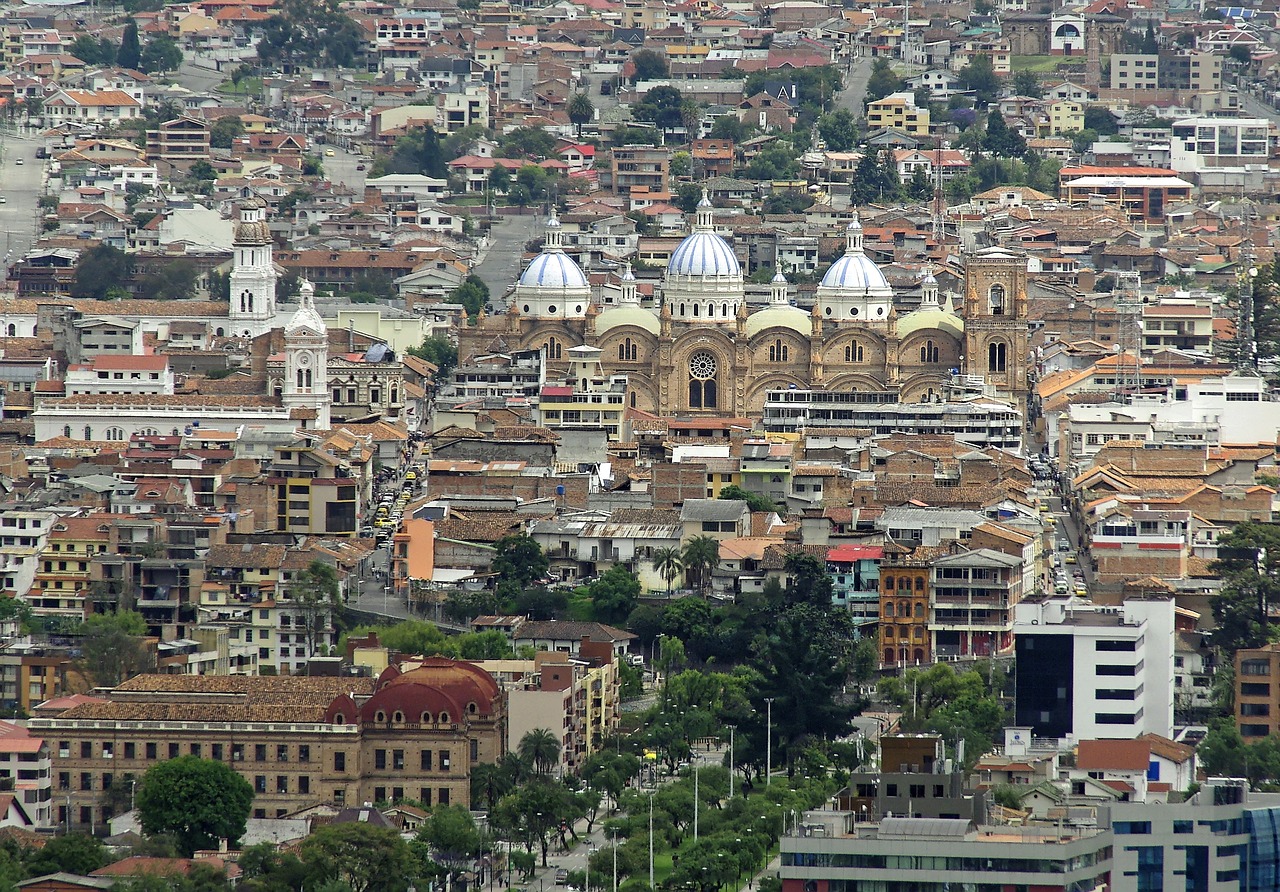Developing countries are the ones most affected by the current tourism crisis, as the slow progress of vaccination deters tourists. Ecuador has begun to change that reality backwards, using vaccines en masse over the past two weeks.
The impact of the Covid-19 pandemic on tourism could exceed $ 4 trillion worldwide, according to a report by the United Nations Conference on Trade and Development (Unctad). The estimated damage is due to the direct impact of the pandemic on tourism and its domino effect in other closely related sectors.
Although declining incomes vary by state, developing countries, where tourism plays an important role in the economy, have suffered the most.
According to the report, tourism in Ecuador, as well as in Turkey and South Africa, has felt the effects of the pandemic more strongly. In 2020, the number of tourists in these countries decreased by 75%.
In 2021, Unctad expects that in the worst case scenario, tourism closure could mean a 9% reduction in its contribution to gross domestic product (GDP) compared to pre-pandemic levels.
This forecast does not consider mitigation measures in the sector as economic stimulus programs. On the other hand, in a more optimistic scenario, when there is a partial recovery due to a larger influx of tourists in the second quarter, the reduction in the contribution of tourism to GDP will be 5.5% compared to 2019.
According to the Central Bank, in 2020, the resources generated by tourism in Ecuador, decreased by 1,810 million US dollars.
Less vaccines, less tourism
The study says that one of the main reasons for such a sharp decline in tourism in the developing world is the limited progress in the vaccination campaign that keeps tourists.
Ecuador has begun to change that reality backwards, using vaccines en masse over the past two weeks. The country has achieved an average of 320,000 doses per day and is projected to vaccinate nine million people by the end of August. However, it is too early to talk about such an impact on tourism in Ecuador.
Added to this are the mobility restrictions imposed by countries to combat the pandemic, as well as the emergence of new options that make it difficult for all travelers from around the world to discover.
“Most likely, tourists will not dare to travel long distances and therefore will prefer to visit places closer to home and with a higher level of vaccination.”
Unctad claims that in many cases, tourists who come to the country are low-budget travelers known as tourists who spend more time but spend less money.
This report predicts that the influx of tourists to the pandemic will resume in this sector in 2023 or even later.
Job loss
Rare arrival of tourists reduces employment. Moreover, the lack of demand for goods and intermediate services has a negative effect on other related sectors.
To do this, the decline in tourism can cause an average of 5.5% increase in unemployment among unskilled workers. Although in some countries this may mean a 15% increase in unemployment among the population.
Tourism employs a large number of young people and women, and entry barriers are relatively low, as this does not require highly qualified people.
In the case of Ecuador, unemployment among unskilled labor may rise by 8.9% in an optimistic scenario, according to Uncta.
Manual labor accounts for about 30% of the cost of travel services in both developed and developing countries.
The World Tourism Organization estimates that between 100 and 120 million tourism jobs could be lost in 2021.

